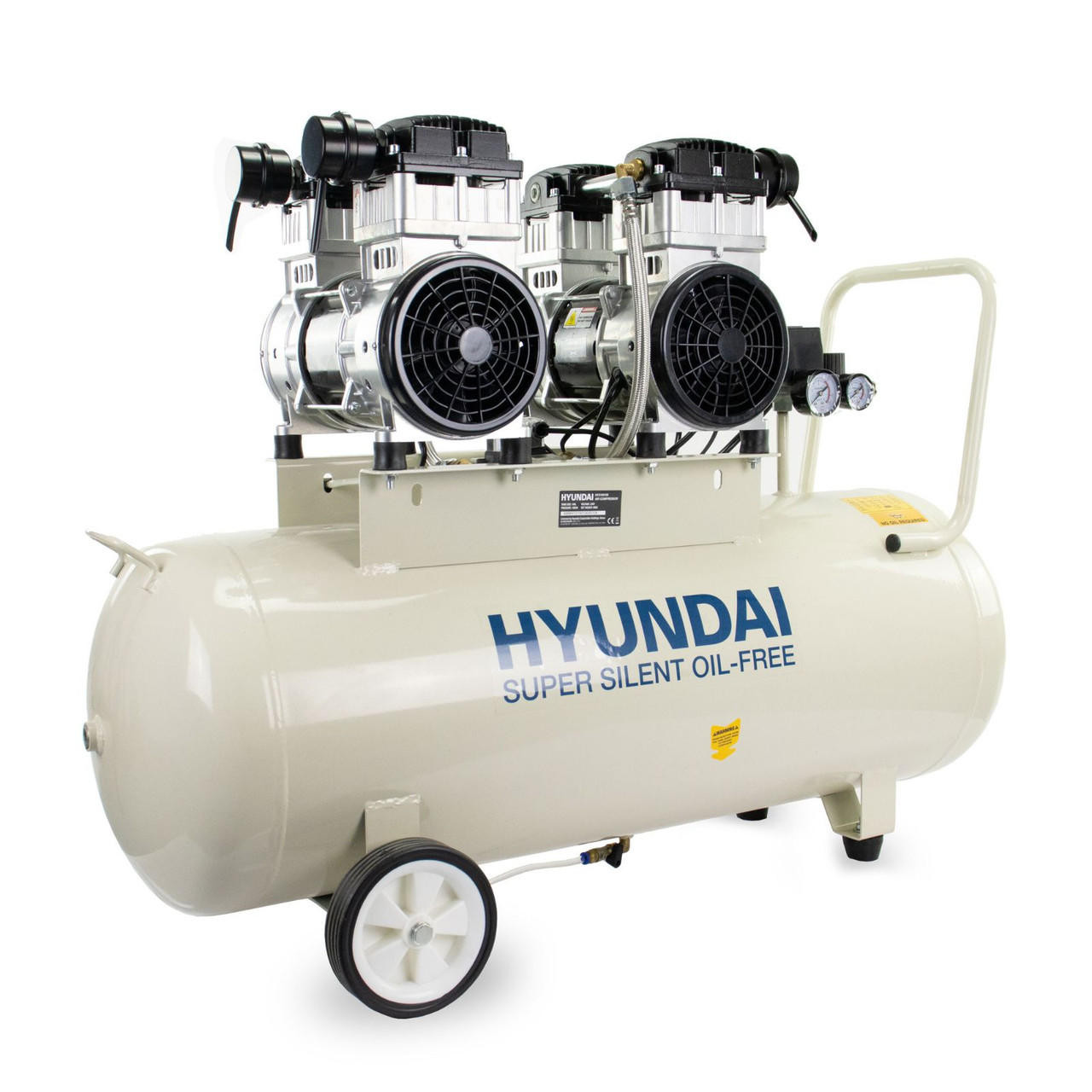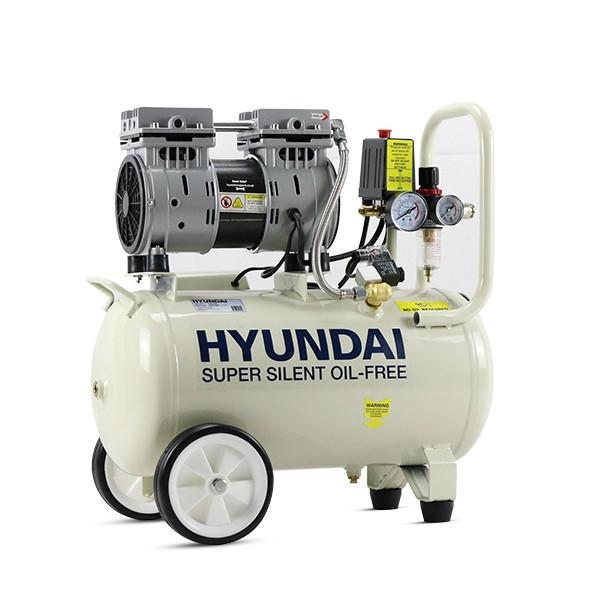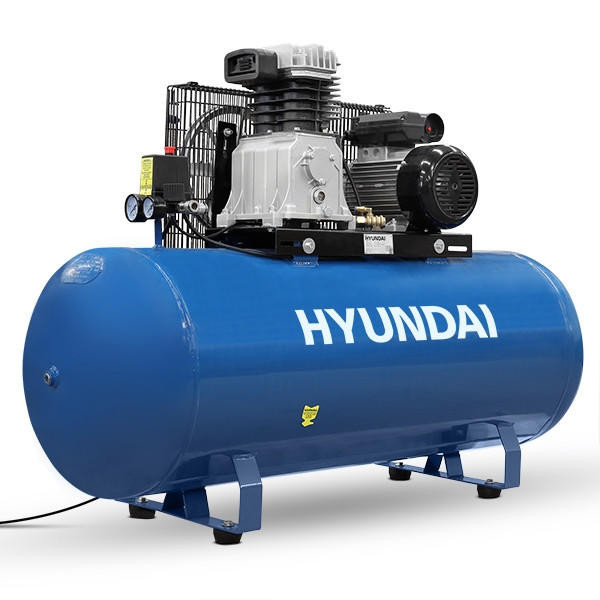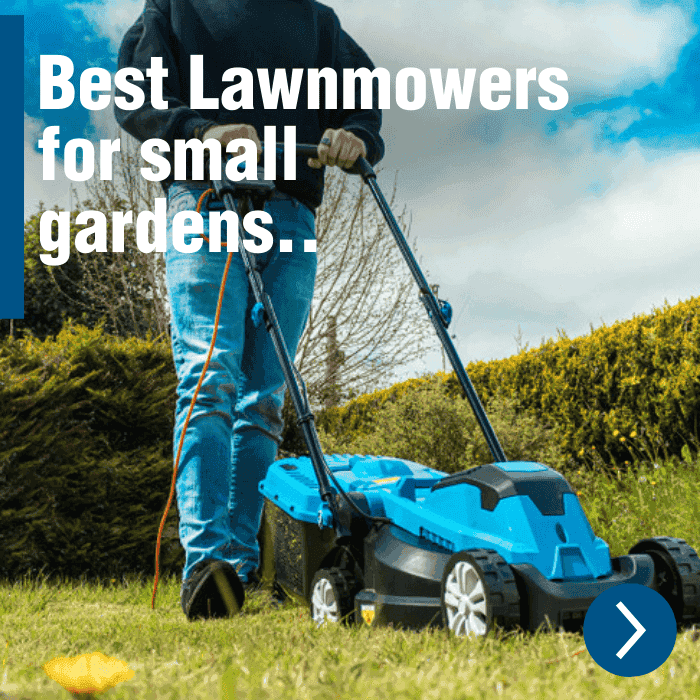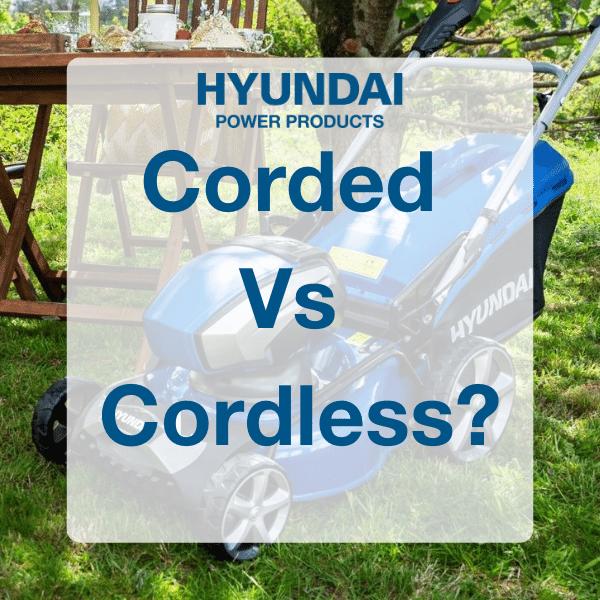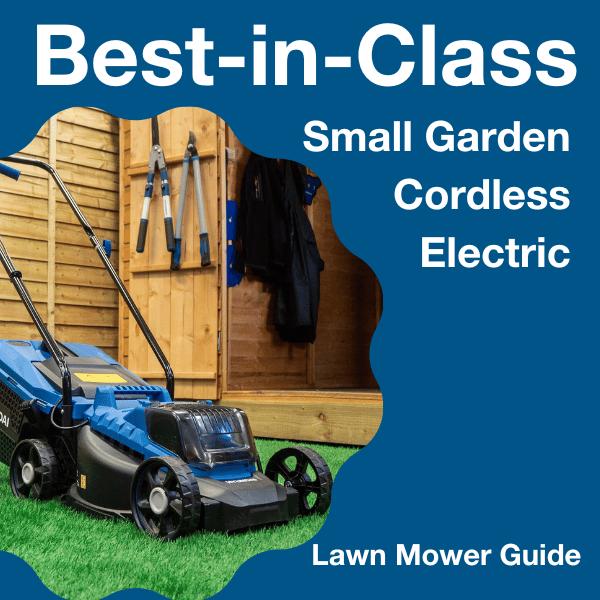Air Compressor Buying Guide
Posted by Hyundai Power Products on 2nd Mar 2025
Guide to Choosing Air Compressors
When it comes to selecting air compressors, the choice you make can have a significant impact on your projects. Whether you're a DIY enthusiast looking to tackle home improvement tasks or a seasoned professional needing reliable power tools, the right air compressor can be a game-changer.
In this Hyundai Power Equipment blog, we'll walk you through the essential steps to choosing the perfect air compressor for your needs, ensuring you get the best performance for your investment.
Step 1: Identify Your Needs
Compressors for DIY Use:
Compressors for Professional Use:
For those in the trades, choosing the right compressor is a bit more complex. Here's a breakdown based on your specific needs:
- Carpenters: If you're using air-powered nail guns, a direct-drive compressor like the HY5508 or HY7524 is ideal. These models are powerful enough to handle the demands of your tools without being too bulky or difficult to transport.
- Heavy-Duty Work: If your work involves sandblasting, car spraying, or running multiple air tools simultaneously, you'll need something more robust. A belt-drive compressor such as the HY3150S or HY3200S, with a tank size of 150 litres or more and a CFM rating of 14+, is perfect for small automotive garages and workshops.
- Advanced Professional Use: For spray booths or tire-fitting bays, where continuous, reliable power is crucial, a screw compressor is your best bet. These compressors are designed for non-stop operation, ensuring your work is never interrupted.
Step 2: Understand CFM and Duty Cycle
What Is CFM?
Duty Cycle Explained
The duty cycle refers to how long your compressor can run before it needs a break. For example, a 50% duty cycle means that the compressor can run for 5 minutes and then needs 5 minutes to cool down. Here’s a quick guide to common duty cycles:
Direct Drive Piston Compressors: 25% duty cycle
Direct Drive Oil-Free Low-Noise Compressors: 50% duty cycle
Belt Drive Compressors: 50% duty cycle
Screw Compressors: 100% duty cycle
To find out how much continuous CFM your compressor can deliver, multiply its CFM rating by its duty cycle. For instance, if you have a belt-drive compressor with a 14 CFM rating and a 50% duty cycle, it can power a 7 CFM air tool continuously.
Step 3: Why Tank Size Matters
Step 4: Choose the Right Compressor Pump/Drive System
Hyundai offers three main types of air compressors, each suited for different needs:
Direct Drive Compressors:
These are quieter, more compact, and require less maintenance than belt-drive models. They're an excellent choice for occasional users and DIYers who need a reliable yet manageable machine.
Belt Drive Compressors:
These models are more powerful and durable, making them ideal for professionals who require consistent performance for heavy-duty tasks.
Screw Compressors:
Designed for continuous use, screw compressors are perfect for environments like professional spray booths or tire-fitting bays, where non-stop operation is essential.
Bonus Tip: Should You Go Oil-Free?
Hyundai also offers oil-lubricated and oil-free compressors. Each has its own pros and cons to consider:
Oil-lubricated Compressors: Hyundai's belt-drive compressors come with oil-filled pumps, offering higher performance for demanding tasks. However, they do require regular maintenance, including oil changes, to keep them running smoothly.
Oil-free Low Noise Compressors: If you're looking for something that’s low-maintenance and quieter, an oil-free compressor is a great option. These are particularly suitable for DIY projects or tasks like powering air nail guns.
Common Applications and Recommended Models:
Ideal for powering tire inflators, air dusters, airbrushes, and air nail guns.
Air Compressors for DIY and Home Garage Use:
Ideal for powering tire inflators, air dusters, airbrushes, and air nail guns
Air Compressors for Small Garages and Workshops:
Perfect for automotive air tools, occasional car spraying, and general workshop use.
Large Tire Fitting Bays and Professional Spray Shops:
Recommended Models: Hyundai Screw Compressors
Field and Roadside Emergency Use:
Recommended Models:
Pro Tip: Level Up Your Setup:
- Match your compressor choice to your specific needs and tools.
- Use the CFM and tank size guidelines for optimal performance.
- Explore Hyundai's diverse range for the perfect compressor.
- Consider factors like power source, features, and budget.
We hope you’ve found these tips helpful! If you’d like more expert gardening advice or need assistance, our team is here to help. Visit www.hyundaisupport.co.uk for more information and resources.

 Expert Advice and Aftersales
Expert Advice and Aftersales Free UK Delivery*
Free UK Delivery*

